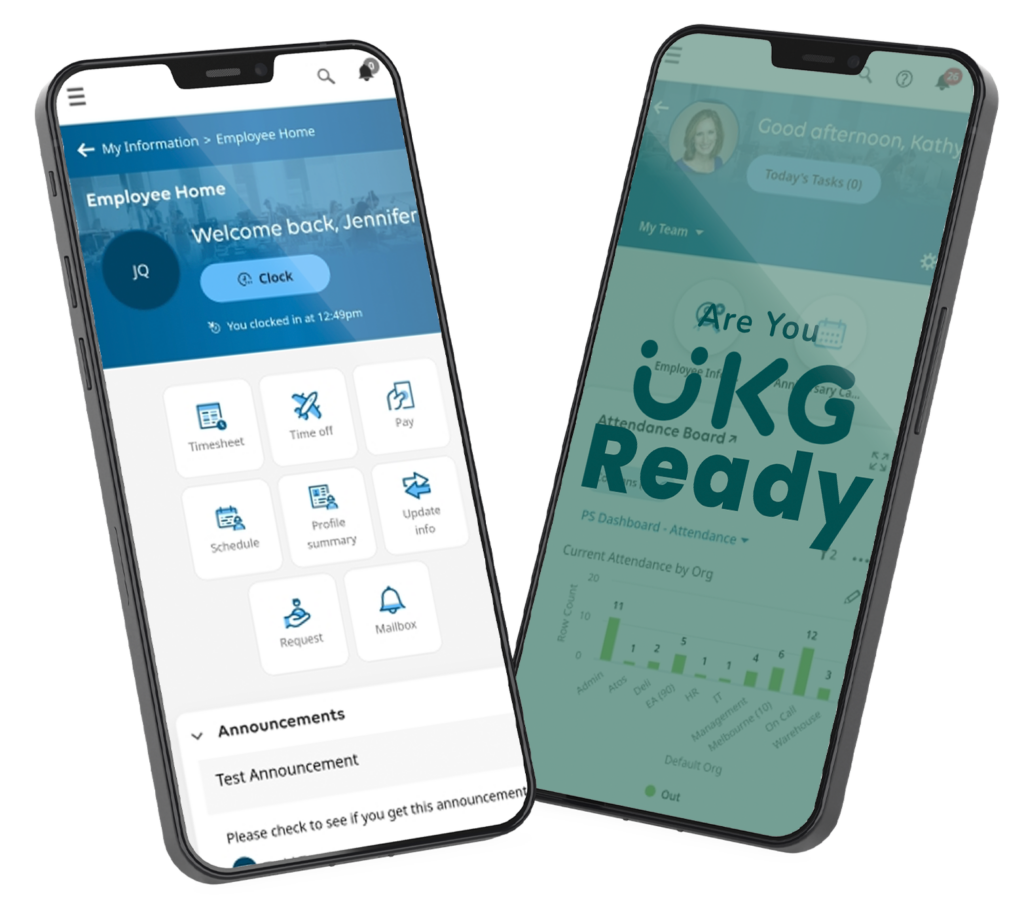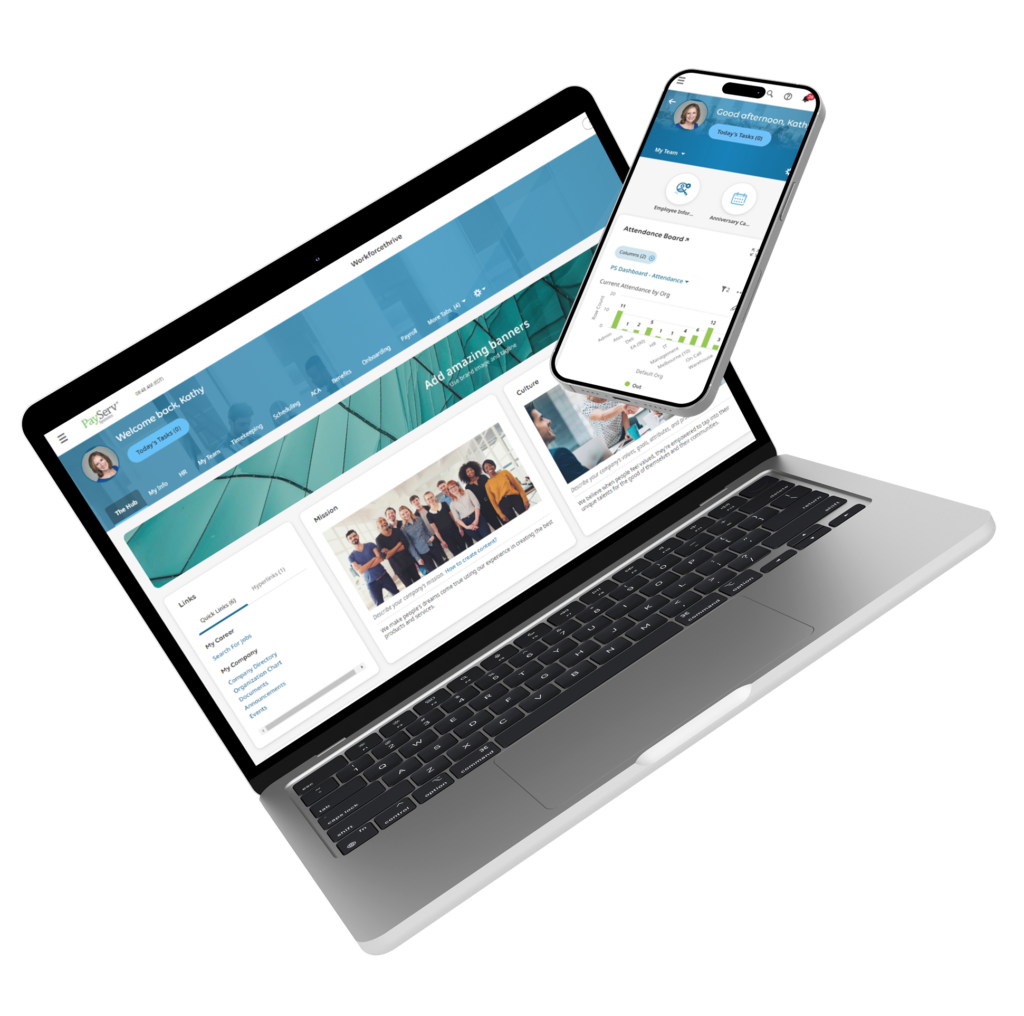
Top 5 HR Trends Shaping the Future of Employee Engagement in 2024
Top 5 HR Trends Shaping the Future of Employee Engagement in 2024As we venture into 2024, the landscape of Human Resources continues to evolve, with employee engagement taking center stage. Organizations are recognizing that engaged employees are the cornerstone of success, driving productivity, innovation, and overall business performance. Let’s explore the top five HR trends that are set to revolutionize employee engagement in the coming year.
1. AI-Empowered Personalization
Artificial Intelligence (AI) is transforming the way organizations approach employee engagement. In 2024, we’ll see a significant shift towards AI-powered personalization in HR practices.AI systems are becoming increasingly sophisticated in analyzing employee data, including performance metrics, communication patterns, and even sentiment analysis. This wealth of information allows HR professionals to create tailored experiences for each employee, from personalized learning and development plans to customized benefits packages.For instance, AI can recommend specific training modules based on an employee’s career aspirations and skill gaps. It can also suggest personalized wellness programs based on an individual’s health data and preferences. This level of customization ensures that employees feel valued and understood, significantly boosting their engagement levels.Moreover, AI-powered chatbots and virtual assistants are evolving to handle more complex HR tasks. These tools can provide instant responses to employee queries, schedule meetings, and even offer career advice, making HR services more accessible and efficient.
2. Focus on Employee Well-being and Mental Health
The events of recent years have brought employee well-being and mental health to the forefront of HR priorities. In 2024, this trend will continue to gain momentum, with organizations implementing more comprehensive and innovative well-being programs.HR departments are moving beyond traditional wellness initiatives to adopt a holistic approach to employee health. This includes mental health support, financial wellness programs, and work-life balance initiatives. Companies are increasingly offering services such as virtual therapy sessions, mindfulness apps, and stress management workshops.Furthermore, there’s a growing recognition of the link between well-being and productivity. Organizations are redesigning work processes and environments to reduce stress and promote better mental health. This might involve flexible working hours, designated quiet spaces in the office, or even “digital detox” periods where employees are encouraged to disconnect from work-related technology.
3. Skills-Based Talent Management
As the skills required in the workplace continue to evolve rapidly, organizations are shifting towards a skills-based approach to talent management. This trend is set to reshape employee engagement strategies in 2024.Instead of focusing solely on job titles and roles, companies are now mapping the skills present in their workforce and identifying skill gaps. This approach allows for more flexible and dynamic career paths within the organization, increasing opportunities for internal mobility and career development.Employees are more likely to stay engaged when they see clear pathways for growth and development within their company. Skills-based talent management provides this visibility, allowing employees to understand what skills they need to acquire for different roles and how they can progress in their careers.Moreover, this approach enables organizations to quickly adapt to changing business needs by redeploying talent based on skills rather than job titles. This agility can lead to increased job satisfaction as employees have more opportunities to work on diverse projects that match their skills and interests.
4. Emphasis on Diversity, Equity, Inclusion, and Belonging (DEIB)
While Diversity, Equity, and Inclusion (DEI) have been on the HR agenda for some time, 2024 will see an increased focus on Belonging, transforming DEI into DEIB. Organizations are recognizing that true engagement comes not just from diverse representation, but from creating an environment where every employee feels they truly belong.HR departments are implementing more sophisticated DEIB strategies that go beyond surface-level diversity metrics. This includes addressing microaggressions, promoting inclusive leadership practices, and creating safe spaces for open dialogue about diversity issues.Employee Resource Groups (ERGs) are evolving to play a more strategic role in shaping company culture and policies. These groups are being empowered to provide input on everything from product development to marketing strategies, ensuring diverse perspectives are incorporated at all levels of the organization.Furthermore, companies are leveraging data analytics to track DEIB progress more effectively. This includes analyzing promotion rates, pay equity, and employee sentiment across different demographic groups to identify and address any disparities.
5. Continuous Feedback and Performance Management
The traditional annual performance review is becoming obsolete. In 2024, we’ll see a continued shift towards continuous feedback and real-time performance management systems.Organizations are adopting tools that facilitate regular check-ins between managers and employees. These platforms allow for ongoing goal setting, progress tracking, and immediate feedback. This approach keeps employees more engaged by providing clear direction and recognition throughout the year, rather than just at annual review time.Moreover, peer-to-peer recognition systems are gaining popularity. These platforms allow colleagues to acknowledge each other’s contributions in real-time, fostering a culture of appreciation and boosting morale.Performance management is also becoming more forward-looking. Instead of focusing solely on past performance, conversations are centering around future potential and development opportunities. This shift helps employees feel more invested in their long-term success within the organization.In conclusion, the HR trends of 2024 reflect a more personalized, holistic, and dynamic approach to employee engagement. By leveraging AI, prioritizing well-being, adopting skills-based talent management, emphasizing DEIB, and implementing continuous feedback systems, organizations can create a work environment where employees feel valued, supported, and motivated to give their best. As these trends continue to evolve, they promise to shape a future of work that is more engaging, inclusive, and fulfilling for all employees.





